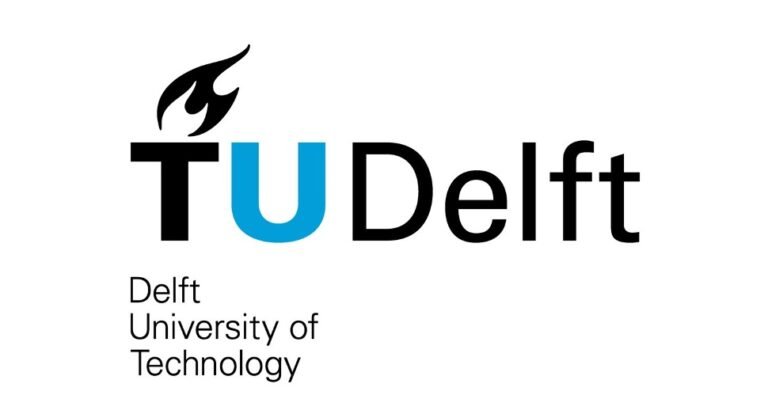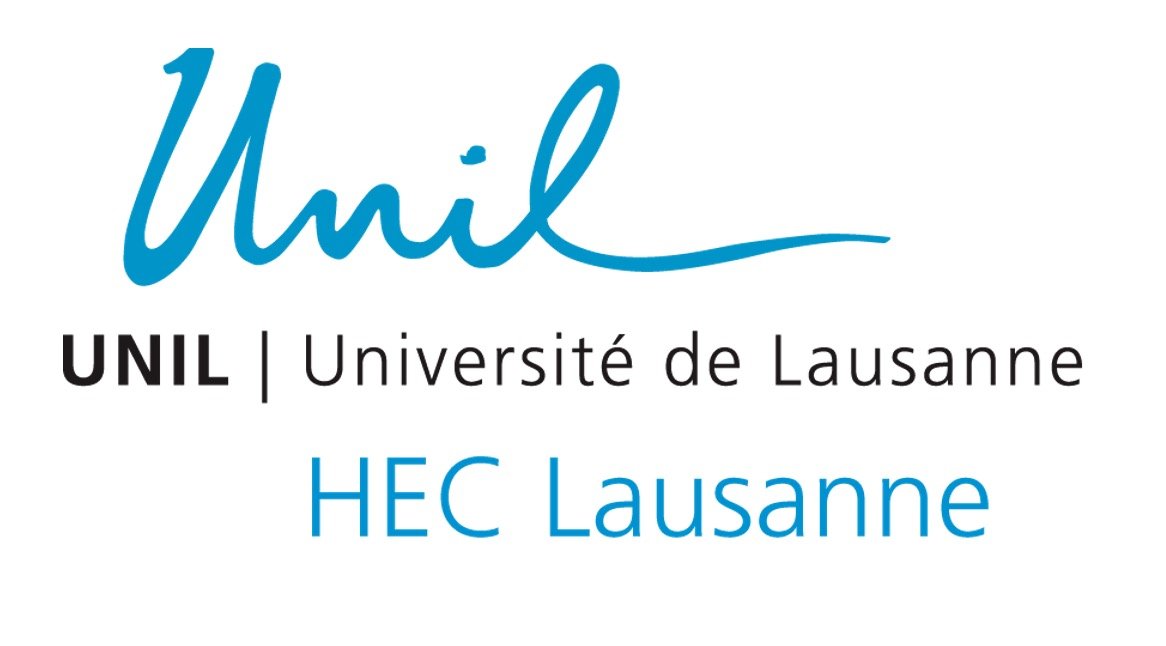Job description.
The goal of The SuperGPS project is to develop a robust and efficient terrestrial system for accurate positioning and time-transfer, using virtual ultra-wideband radio signals, which can serve as a backup and complement to GNSS (Global Navigation Satellite System) in environments with reduced GNSS availability. The virtual ultra-wideband approach allows for a limited demand for expensive radio frequency spectrum by using multiband signals and, through flexible signal design, straightforward implementation and integration with current and new generation telecommunications standards, such as 5G, are expected. In this project, we address multiband radio channel modelling, signal design for multiband ranging, estimation of the channel impulse response from a multiband signal, and multiband carrier-phase based ranging and positioning. Furthermore, a proof-of-principle hardware prototype test-bed will be developed for carrying out measurements and demonstrating the concept.
The SuperGPS project has started in Fall 2023 and the research team, which currently consists of one PhD-student and one PostDoc researcher, is embedded in the Department of Microelectronics, at the faculty Electrical Engineering, Mathematics and Computer Science (EEMCS), and the Department of Geoscience & Remote Sensing, at the Faculty of Civil Engineering and Geosciences, both of TU Delft. Two daily supervisors and promotors, together, provide guidance and supervision, and work with the team in close collaboration. The project is actively supported by several partners from industry.
You should complement the current project-team, and will be appointed, for a 2.5 years term. Next to research on multiband radio channel modelling, signal design for multiband ranging and estimation of the channel impulse response from a multiband signal, you will focus on wireless transfer of accurate time information and contribute to the development of the proof-of-principle virtual ultra-wideband prototype test-bed for positioning and time-transfer, with the aim of a live-demonstration by the end of the project.
TU Delft offers an excellent and stimulating research environment with extensive available infrastructure and expertise. As part of the SuperGPS project, you’ll have access to state-of-the-art equipment and facilities, including advanced laboratories and cutting-edge tools to support you excel in your research. Our open and friendly atmosphere fosters professional growth, offering training opportunities and emphasizing a strong, non-hierarchical culture where everyone contributes to the group’s success.
Job requirements
You should have:
- a PhD degree in electrical engineering: telecommunications, signal processing or satellite navigation,
- a strong background in signal processing, mathematical statistics and physical layer wireless
- communication;
- good analytical and programming skills and a proven ability to find elegant and creative solutions to challenging problems;
- excellent command of English (certified through a TOEFL or IELTS test);
- the ability to work in a collaborative environment;
- proven team-work competences, as well as good laboratory and programming competences (working with measurement equipment, electronics, and hardware).
The following will help make you stand out:
- demonstrated affinity with FPGA programming;
- hardware programming skills (FPGA design, VHDL code development) are highly recommended.
TU Delft (Delft University of Technology)
Delft University of Technology is built on strong foundations. As creators of the world-famous Dutch waterworks and pioneers in biotech, TU Delft is a top international university combining science, engineering and design. It delivers world class results in education, research and innovation to address challenges in the areas of energy, climate, mobility, health and digital society. For generations, our engineers have proven to be entrepreneurial problem-solvers, both in business and in a social context.
At TU Delft we embrace diversity as one of our core values and we actively engage to be a university where you feel at home and can flourish. We value different perspectives and qualities. We believe this makes our work more innovative, the TU Delft community more vibrant and the world more just. Together, we imagine, invent and create solutions using technology to have a positive impact on a global scale. That is why we invite you to apply. Your application will receive fair consideration.
Challenge. Change. Impact!
Faculty of Electrical Engineering, Mathematics and Computer Science
The Faculty of Electrical Engineering, Mathematics and Computer Science (EEMCS) brings together three scientific disciplines. Combined, they reinforce each other and are the driving force behind the technology we all use in our daily lives. Technology such as the electricity grid, which our faculty is helping to make completely sustainable and future-proof. At the same time, we are developing the chips and sensors of the future, whilst also setting the foundations for the software technologies to run on this new generation of equipment – which of course includes AI. Meanwhile we are pushing the limits of applied mathematics, for example mapping out disease processes using single cell data, and using mathematics to simulate gigantic ash plumes after a volcanic eruption. In other words: there is plenty of room at the faculty for ground-breaking research. We educate innovative engineers and have excellent labs and facilities that underline our strong international position. In total, more than 1000 employees and 4,000 students work and study in this innovative environment.
Click here to go to the website of the Faculty of Electrical Engineering, Mathematics and Computer Science.
Conditions of employment
- Duration of contract is 1 year with the possibility for extension.
- A job of 36-40 hours per week.
Salary and benefits are in accordance with the Collective Labour Agreement for Dutch Universities. The TU Delft offers a customisable compensation package, discounts on health insurance, and a monthly work costs contribution. Flexible work schedules can be arranged.
For international applicants, TU Delft has the Coming to Delft Service. This service provides information for new international employees to help you prepare the relocation and to settle in the Netherlands. The Coming to Delft Service offers a Dual Career Programme for partners and they organise events to expand your (social) network.
Additional information
If you would like to have further information on this vacancy, please contact dr. G.J.M. Janssen and/or dr. C.C.J.M. Tiberius (g.j.m.janssen@tudelft.nl, c.c.j.m.tiberius@tudelft.nl).
Application procedure
Are you interested in this vacancy? Please apply no later than 17 Feb 2025 via the application button and upload the following documents:
- letter of application,
- a detailed CV,
- a copy of (or link to) your, or PhD thesis
- a list of publications (if any),
- contact details of 2 – 3 professional referees;.
The letter of application should address: (I) why you would like to do a PostDoc, (II) why you are interested in the project/topic, (III) why your profile is suitable for the job, and (IV) what you hope to gain from the position. Furthermore, also explicitly address your background in signal processing, mathematical statistics, physical layer wireless communication, and affinity with FPGA programming);
You can address your application to Gerard Janssen or Christian Tiberius.
Please note:
- You can apply online. We will not process applications sent by email and/or post.
- A pre-employment screening can be part of the selection procedure.
- A knowledge security check will be part of the selection procedure (for details page 45: national knowledge security guidelines).
- Please do not contact us for unsolicited services.




